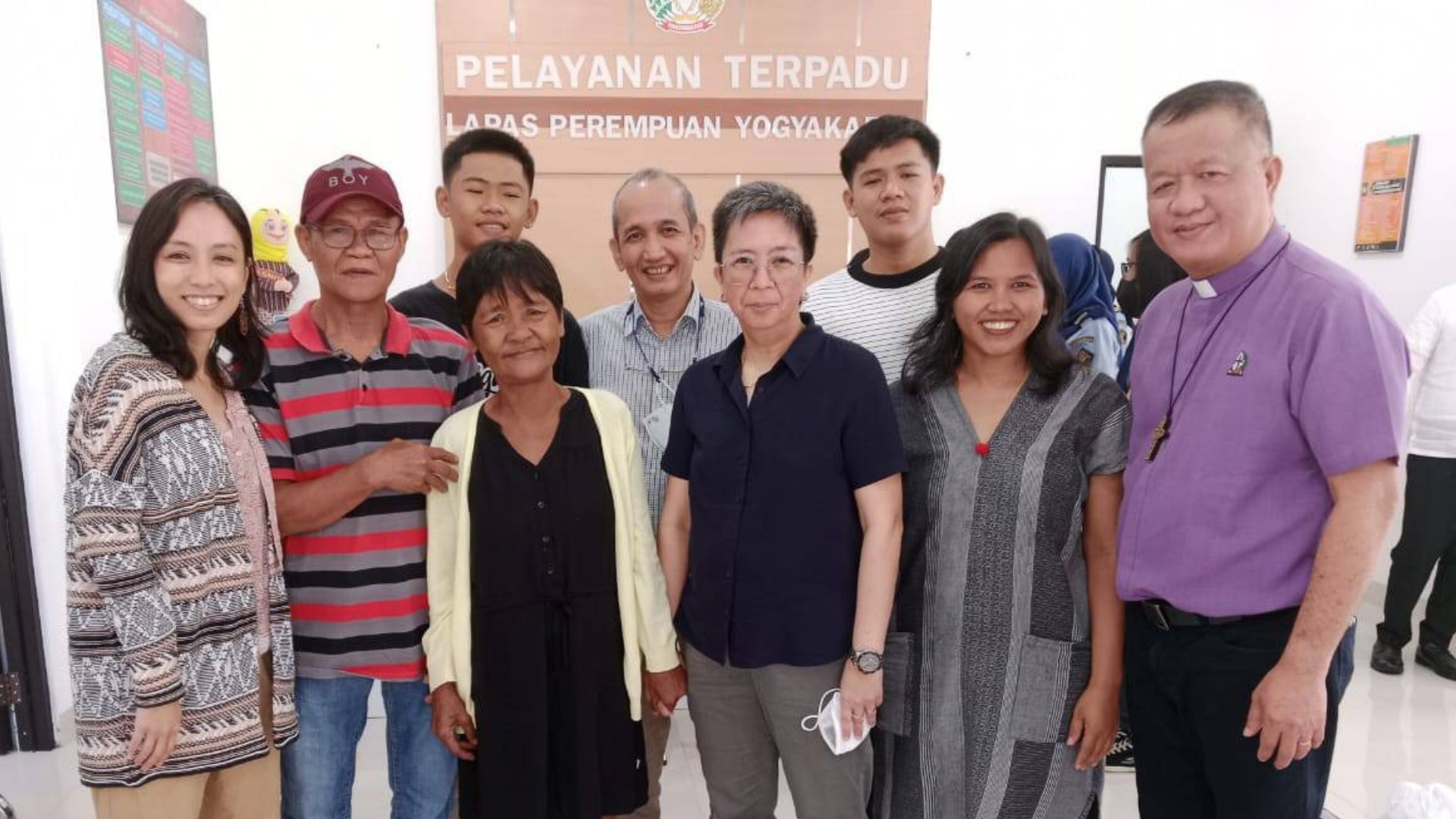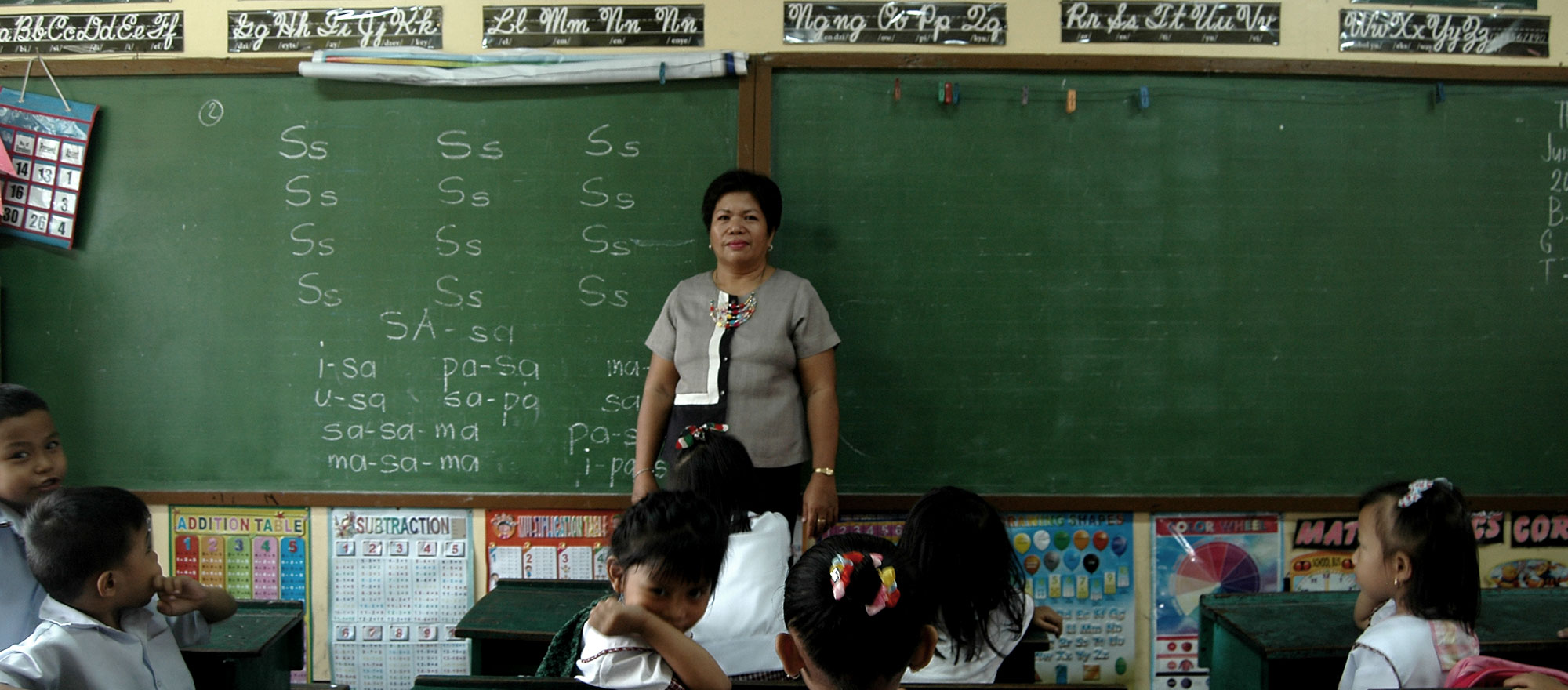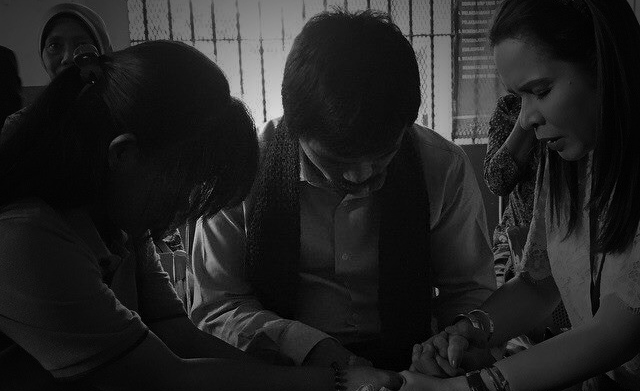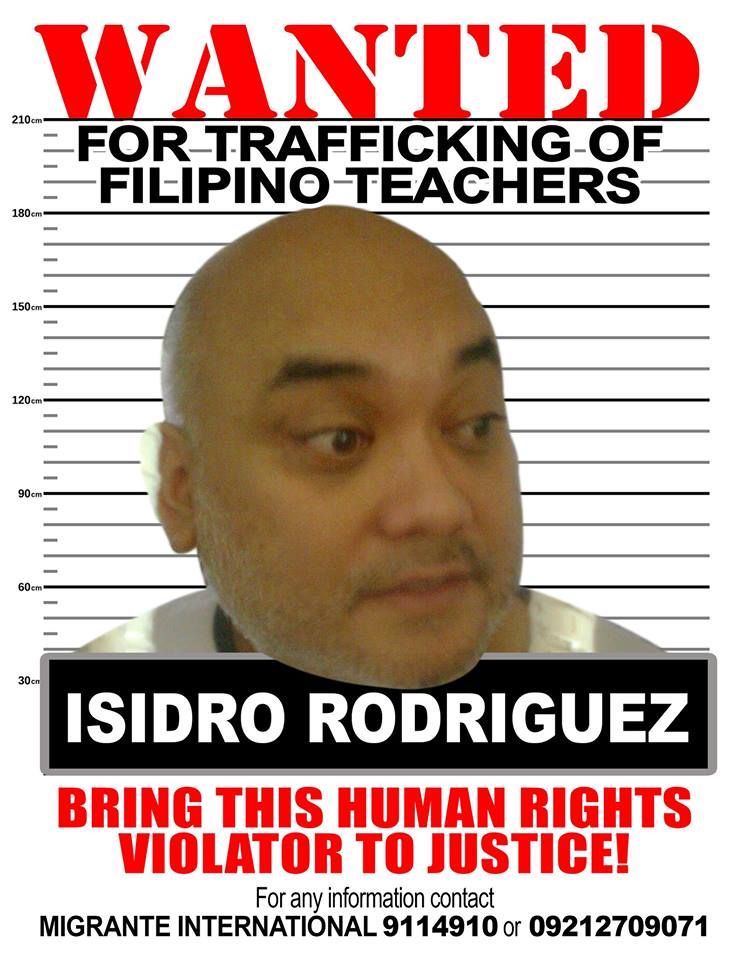Migrante to Aquino gov’t: rescue ‘trafficked and captive’ PH workers in Malaysia
Malaysia is one of the most common destinations of trafficked Filipino workers, mostly women, according to Migrante International, a global alliance of overseas Filipino workers (OFWs) and families. It is also one of the most common “transit points” of trafficked Filipinos on their way to other parts of Asia. Recently, however, their safety and security […]
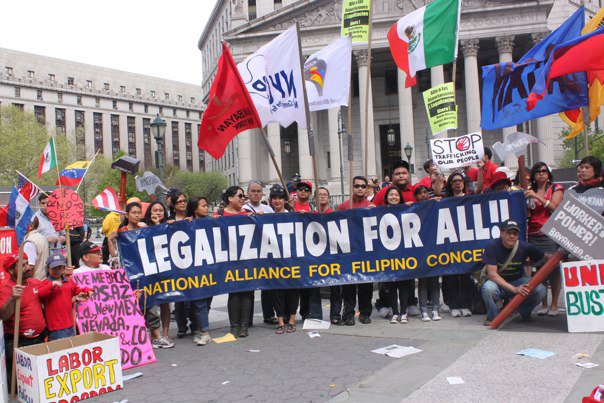

Malaysia is one of the most common destinations of trafficked Filipino workers, mostly women, according to Migrante International, a global alliance of overseas Filipino workers (OFWs) and families. It is also one of the most common “transit points” of trafficked Filipinos on their way to other parts of Asia.
Recently, however, their safety and security was put to attention, as the Malaysian government started a massive crackdown on undocumented migrants in the country on January 21.
Migrante International thus called on the Philippine government to “actively and urgently” act on the cases of trafficked Filipino workers being held captive by their employers in Malaysia. The Aquino administration issued a warning to undocumented Filipinos in Malaysia to either “complete their immigration documentation or voluntarily submit themselves to the Philippine embassy to be deported.”
The embassy is also sending personnel to Sabah to assist Filipinos there.
“In addition, the embassy is further validating reports of arrest of Filipinos in light of the Malaysian Government’s crackdown against illegal migrants which began last January 21. We stand ready to provide help, including the provision of needed documents and other forms of assistance,” the embassy said.
But already, the Philippine Embassy in Kuala Lumpur coordinated with relevant Malaysian authorities on the case of a Filipino allegedly mistreated in Sabah and possible maltreatment of arrested Filipinos.
Vice President Jejomar Binay also appealed to Malaysian authorities to treat Filipino workers humanely as the Philippine embassy started verifying reports of abuses amid the crackdown. “We wish they they not be manhandled. If they broke the law, they must be punished but not physically mistreated. Especially those with legal, legitimate work there,” Binay said, in Filipino.
Garry Martinez, Migrante International chairperson, however, said that the Aquino administration has not set up any mechanism to locate, rescue or secure trafficked Filipinos whose passports have been confiscated, are working as undocumented migrants and/or are being held against their will in their respective workplaces.
He cited the case of 23-year-old Monica Caranea who was trafficked to Malaysia last September 2013 and was promised work as a waitress by her recruiter, but was flown to Kota Kinabalu to work as a nightclub entertainer instead.
Her mother brought her case to Migrante after she got a call from her daughter asking to be rescued.
In her last call, Monica said that her passport was confiscated by her employer and she was brought to a nightclub where at least a dozen girls were also staying. She said that they were forced to “dress-up” for the customers, drink alcohol and take drugs.
Her mother said that Monica told her that she feared for her safety because authorities had been conducting raids at the club at night. She wanted to escape and go home to the Philippines but their living quarters were being tightly-guarded by security.
Martinez stressed his group’s grave concern over the large number of trafficked Filipinos all over Malaysia and the history and nature of crackdowns and raids by authorities there. “In previous immigration crackdowns in 2005, 2008 and 2012, there was high use of violence against migrants. Those arrested were not granted access to phone calls, embassies and counsels. Those arrested were brought to detention cells while others’ whereabouts were unknown.”
Migrante reported that they have at least a dozen cases of Filipinas waiting to be rescued in their workplaces in Malaysia. “We endorsed their cases to the Department of Foreign Affairs (DFA) and the Inter-Agency Council against Trafficking (IACAT), but up to now no updates or responses have been made,” Martinez said.
Martinez also extended full support to the Filipino community and other migrant communities in Malaysia in their fight against intensified crackdowns on undocumented workers. “We are very concerned for the well-being of Filipino migrants and migrants of other nationalities in Malaysia right now. We also call on the Malaysian government to observe human rights of all migrants, documented or undocumented.”
“Being undocumented is never reason to be stripped of one’s fundamental human rights,” Martinez ended.

